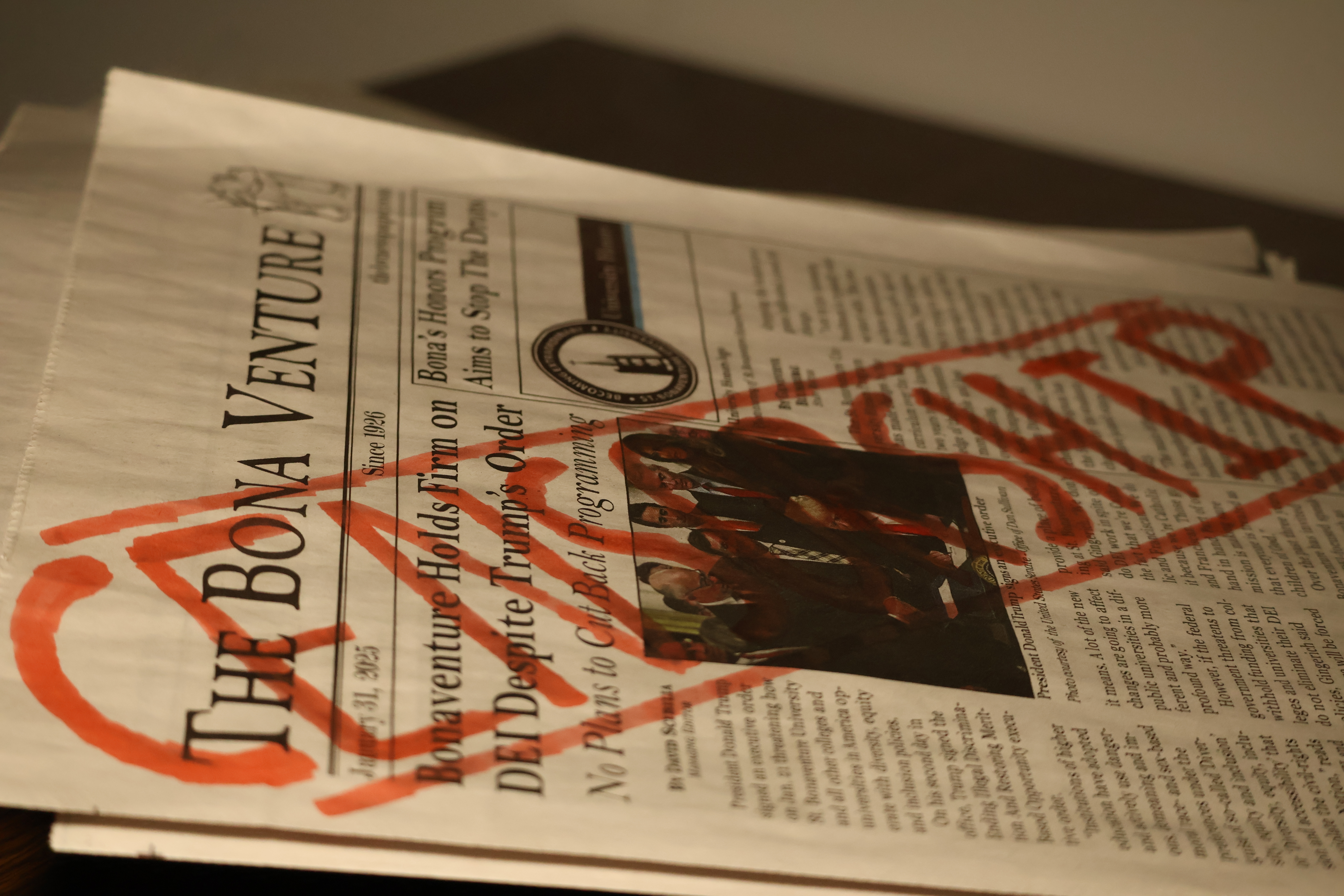As a college student in today’s world, most of us are able to remember the birth of major social media platforms. We went from having to ask our parents to turn the phone off so we could use the dial-up internet, to using Myspace on our iPod Touch. If you had strict parents like mine, then you probably just lived vicariously through your friends that were undergoing the social media evolution, but nonetheless still were aware. But social media, and the internet in general, can be a double-edged sword.
While everything in life has its peaks and valleys, social media is no exception. Although it is something most everyone has, many people would agree that social media can be a toxic environment. On top of all the stress from studying, sports and other involvements on campus, we are constantly distracted by our phones, comparing ourselves to what we see on other people’s profiles and creating unrealistic expectations as to how we should look, act or feel. The constant comparison to other people can take a toll on one’s mental health, specifically linked to depression, anxiety, low self-esteem and body image.
The issue at hand is that social media is addictive. There are even days I catch myself mindlessly watching TikTok videos for three hours instead of studying or feeling like I am experiencing withdrawal symptoms if I don’t post a tweet for 12 hours. However, I’ve learned that being present in the moment and monitoring the amount of time spent on social media can significantly diminish the negative emotions that come with it.
On the contrary, social media must be doing something right if the majority of college students are using it. It’s an effortless way to connect with like-minded people. Regardless of where you are on the globe or which religion you practice, social networks are helpful in connecting with business people, family and friends. Also, with record numbers of people switching from cable TV to streaming-based options, not as many people tune into traditional news outlets, but rather rely on social media for their information. This opens the door to conversations between people about current events, although fact-checking is still a necessity, of course.
It can also revolutionize business. Small businesses and large businesses now have the same opportunities to connect with people, giving small businesses an even playing ground and many more opportunities than before.
Ultimately, social media, if used in moderation, can be a great resource for people. To stray away from the negatives, it’s important for others to remember that we see the “edited” versions of people’s lives, meaning people tend to publish the most impressive, entertaining and attractive versions of themselves on their social media platforms. It’s very rare that you see someone post pictures of their mental breakdowns in the Friedsam Library.
It’s always a healthy reminder that living your best life is much deeper than having a 900-day Snapchat streak or stressing over the number of “likes” you get on your latest spring break post, because at the end of that day – IT AIN’T THAT DEEP!
By Jenna Cherry, Contributing Writer
cherryj16@bonaventure.edu





